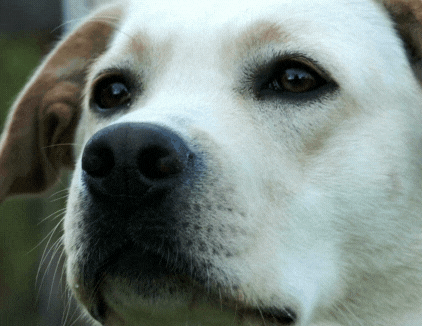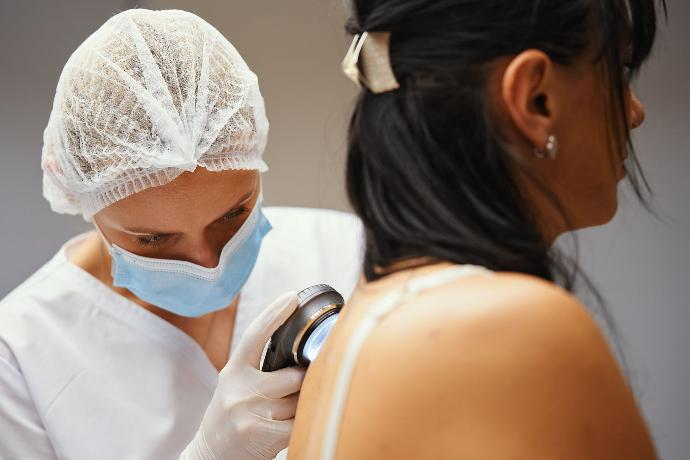It's common knowledge how dogs are utilized in the security and military field to sniff out explosives and narcotics. Why? Because our K-9 friends have a remarkable sense of smell, estimated to be 100,000 times better than that of humans. Their exceptional sense of smell is due to specialized structures in their nose called, vomeronasal organs or Jacobson organs; which facilitate the detection of pheromones and chemical signals that can also detect body chemistry changes.
Researchers from Auburn University suggest that dogs can actually detect various types of cancers in humans. Through unique odors of volatile organic compounds (VOC) patterns produced in tissues with viral infections, dogs were trained to detect and discriminate cell cultures infected with bovine viral diarrhea virus (BVDV) from uninfected ones and other cell cultures infected with bovine herpes virus 1 (BHV 1) and bovine parainfluenza virus 3 (BPIV 3). Results demonstrated the ability of trained dogs to differentiate between the cultures infected with BVDV, BHV1, and BPIV3
Such results concretized the ability of dogs to detect cancers because cancers leave specific trace or odor signatures in the body and bodily secretions. Dogs can obtain VOC sensory information from:
- Skin
- Breath
- Urine
- Feces; and
- Sweat

In several other pieces of research, dogs have shown the ability to detect various types of cancer, including:
Further testing is needed to determine the reliability of canines’ ability to detect cancer as well as determine breeds of dogs that best suit the detection of particular cancer and the training method effective for those to accurately detect them.
Read the full story here.
Here at AIV, we celebrate breakthroughs that continue to improve the quality of life for both animals and humans. With businesses like yours and our commitment to servicing your infusion pumps, we can together ensure a quality life for dogs, while you get to improve cash flow and profits in your work.
Looking for cost-effective equipment and services? Talk to us today.
